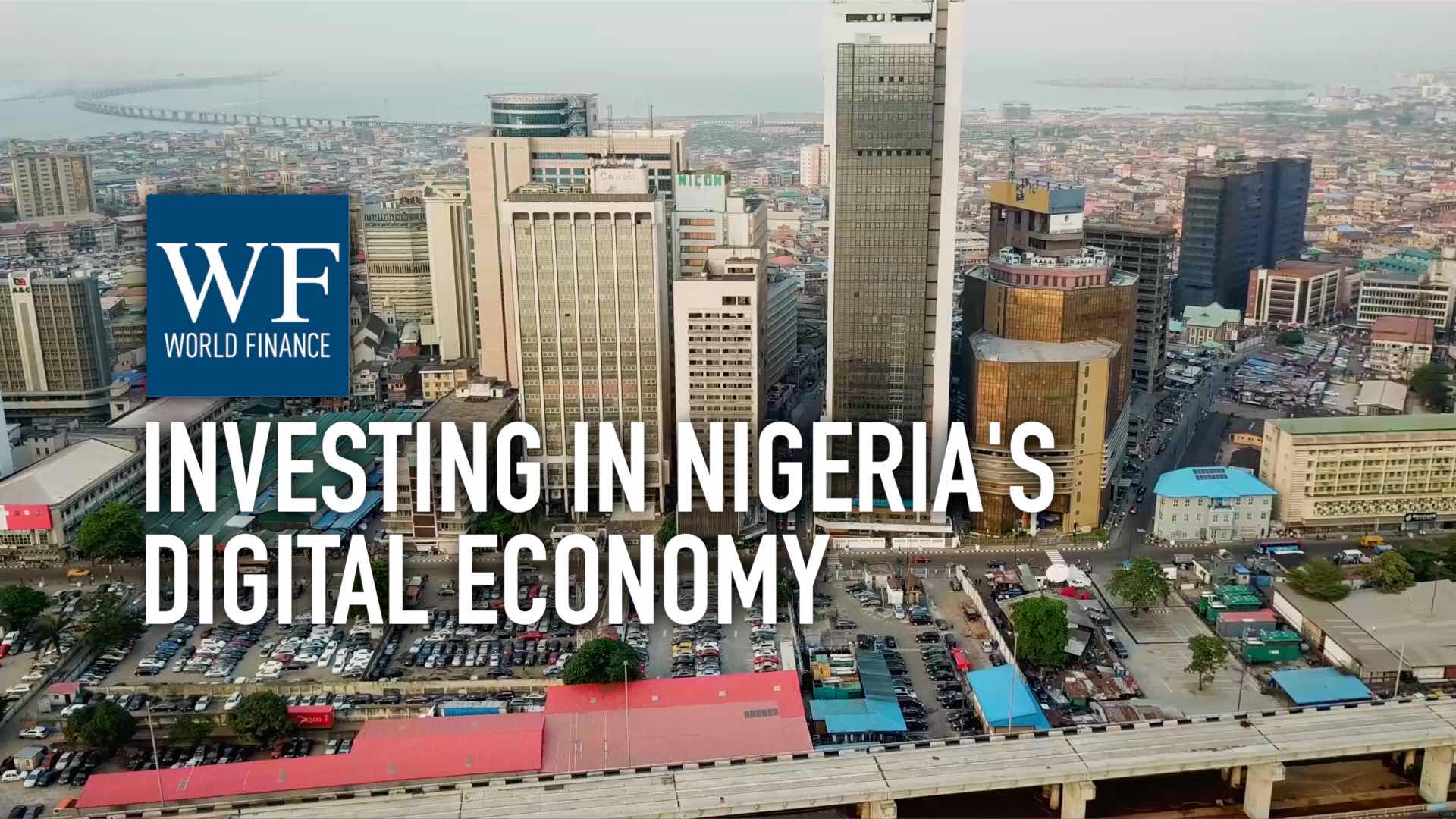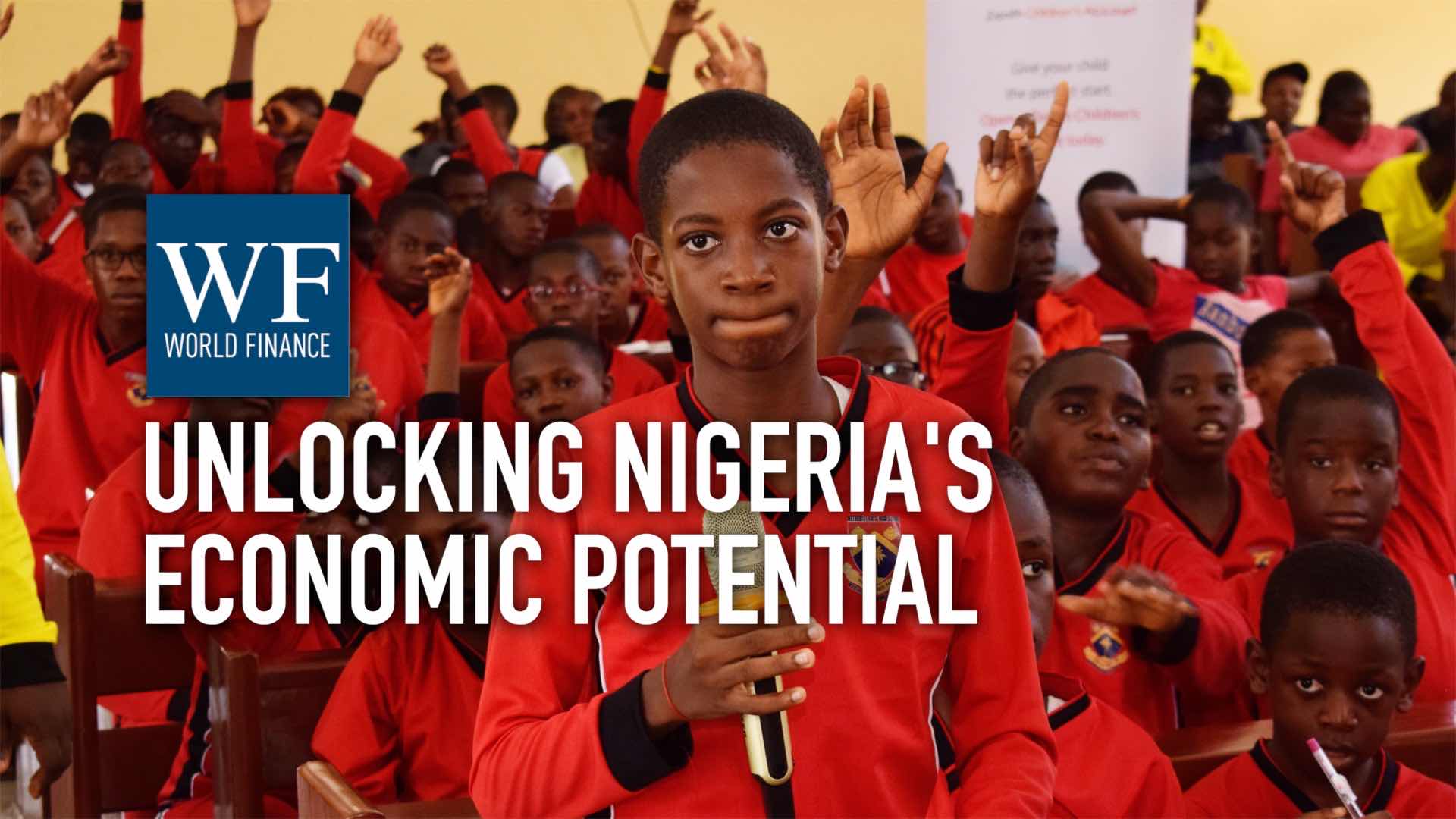How Bank of Industry is transforming and diversifying Nigeria’s economy
With 41 million SMEs, Nigeria's economy can thrive – with the right kind of sustainable and responsible financing
Related:
Transcript
Bank of Industry is Nigeria’s oldest, largest, and most successful development finance institution. Over the last six years it has provided financing to over four million enterprises, helping create more than seven million jobs, and diversifying Nigeria’s economy beyond dependence on the volatile oil and gas industry. BOI’s managing director and CEO is Olukayode Pitan – he explains why the bank’s funding model is so important to Nigeria, and how the bank’s focus on sustainability and responsible banking is ensuring it can have a lasting impact on Nigeria’s industries. You can also watch the second half of this interview, here he talks in more detail about how the bank supports businesses, particularly those led by women and young entrepreneurs.
World Finance: Olukayode, tell me more about those four million enterprises. Who are you helping, and why is it so important that Nigerian businesses get access to the kinds of financing you provide?
Olukayode Pitan: Thank you very much. Like you said, Bank of Industry is Nigeria’s oldest DFI. Our mandate is to transform the industrial sector, you know, for the economic development of our country. And we do that in many ways.
We provide advisory services and funding to micro, small, medium and large enterprises. We have access to long term financing; so, we’re able to give loans for up to 80 years. We’re able to give them cheaper costs of funding – most of our loans are priced at less than 10 percent. Today in Nigeria inflation is slightly over 20 percent. So you are getting a good deal when you actually come to Bank of Industry!
And then we focus also on the areas that government has interest in. Because that is one of the reasons why this bank was set up. For instance, the creative sector. Now it’s popular; but initially we were the bank that went in there to basically de-risk that environment. And so many other areas: agro, manufacturing, IT. Basically we finance virtually everywhere.
World Finance: Why does Nigeria’s industry need to be transformed? And how will you know if your work is ever done?
Olukayode Pitan: When you look at Nigeria, most of the things that we use now are imported. That’s a drain on the foreign reserves of the country.
Many of those things could be manufactured and produced locally. Because one: we actually make use of our local raw materials, we increase capacity of the companies we have locally, we reduce the pressure on the foreign exchange of the country. And then of course, massive employment.
In Nigeria there are about 41 million SMEs. They provide about 80 percent of employment. That’s why Bank of Industry is very important.
World Finance: And how is this important work made possible? Talk me through your own financing.
Olukayode Pitan: In the last five years we have been quite successful in raising funds. Either we raise through syndications or the bond market. We approached the Eurobond market for the first time this year, and it was quite successful.
All these funds are in foreign exchange. Now the question is, how do you protect the bank from foreign currency rate risk? So we normally swap all of these monies into naira, through the Central Bank of Nigeria. And they have helped us tremendously by providing guarantees. So that’s where the funding has come from for the activities that we have been doing.
World Finance: World Finance of course is proud to call Bank of Industry our Most Sustainable Bank in Nigeria for 2022; what does this recognition mean to you?
Olukayode Pitan: Well, for us it means that our efforts have been recognised. We subscribe to responsible banking. That means that we are in alignment with the global SDG goals, and the Paris climate agreement, to ensure that the business we are doing is such that it’s fair to everybody, and it takes into account the future.
So we are proud, and we are happy. If you do responsible banking in Nigeria, it helps not only Nigeria but the whole world.

 Zenith Bank is ‘at the forefront of encouraging Nigeria’s upcoming digital economy’
Zenith Bank is ‘at the forefront of encouraging Nigeria’s upcoming digital economy’ From zero to hero: with support for SMEs to MNCs, Zenith is unlocking Nigeria’s potential
From zero to hero: with support for SMEs to MNCs, Zenith is unlocking Nigeria’s potential
